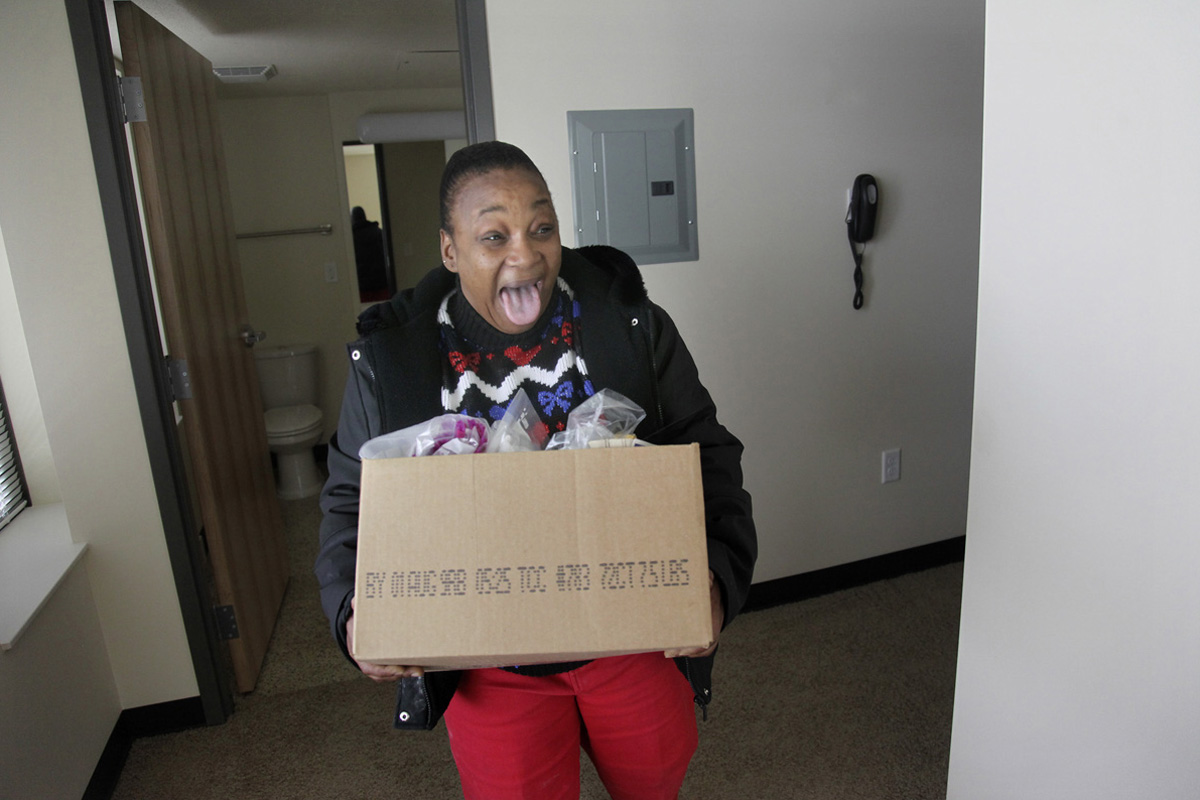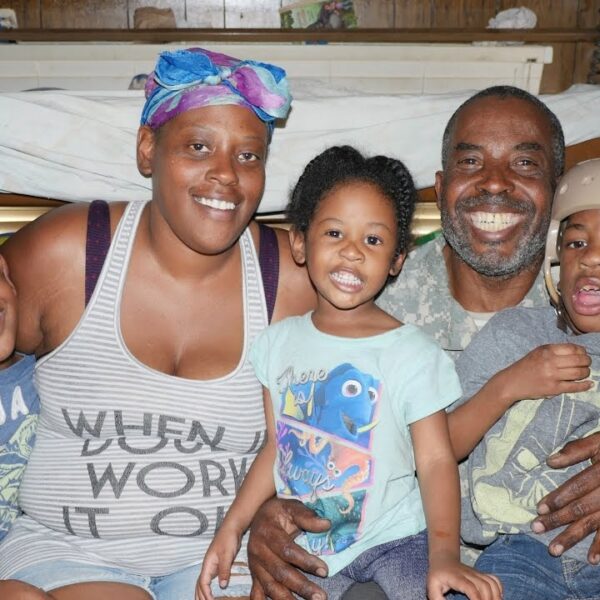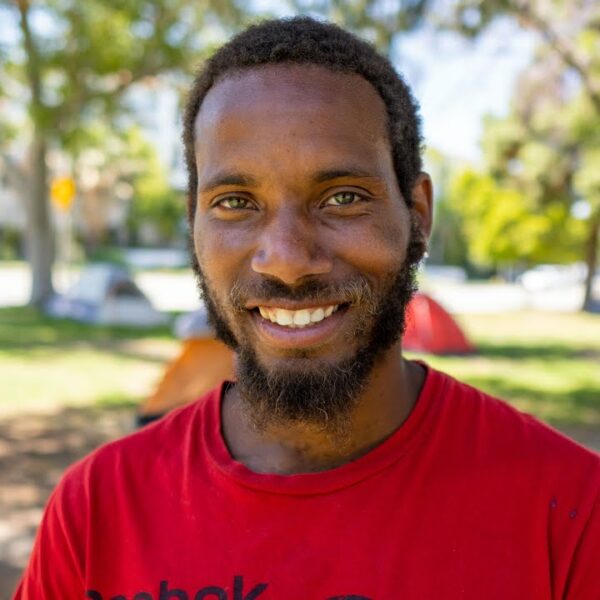Tragedy strikes us all, but usually not at the same time. If nothing else, the Coronavirus pandemic opened people’s eyes to inequalities that have always existed but are usually less visible to the average American. After this global crisis comes to a close, we simply cannot go back to the way things were.
Now that we know better, we must do better.
Here are five forward-thinking policies we should consider implementing to avoid unnecessary suffering in the future.
#1 Legislate a Livable Universal Basic Income
Coronavirus resulted in mass layoffs and hour cuts on a national level due to quarantine and shutdowns. Until this point, we didn’t realize how unprepared the average working American is for a serious financial disaster. It became clear once tens of millions of citizens were laid off or experienced significant slashes in their hourly work.
At that point, we learned the hard way that 70% of Americans had less than $1,000 of savings in the bank. Almost half that number had less than $400. The reason has less to do with consumerism. In fact, it is mostly related to unavoidable living situations such as rent burden, wage stagnation, mortgage debt, student debt, escalating income inequality, and other outside factors. As journalist Derek Thompson of The Atlantic mentioned:
“There is a tendency for some to say that Americans don’t save money because they simply can’t afford to. In many cases, this is true.”
Yet here we stand at the height of global economic distress and millions of lost jobs have already been replaced… by robots, not people!
The introduction of the stimulus package bears a strong resemblance to what our nation could look like if Universal Basic Income (UBI) was implemented correctly. Studies show that Americans who received livable unemployment benefits as part of the stimulus package actually spent more money than they did while working. In turn, this spending helped keep the economy above water.
Additionally, 41% of recipients also reported saving more money than usual. Of course, there are countless ways in which UBI could be manipulated. So the idea is not just to implement it but to do so in an efficient manner that benefits the people and the society at large.
#2 Invest in Affordable Housing and other Programs that Could Eliminate or Reduce Homelessness
Homelessness has been a pandemic all its own for centuries. But when a contagious disease touches down, and it becomes clear that homelessness can lead to the spread of illness, suddenly all sorts of solutions arise from the ashes. It’s almost as if they had always been there. We were simply refusing to act because homelessness creates a competitive environment fueling a specific brand of toxic capitalism. It’s the kind of capitalism where 2% of the population control 98% of the wealth.
However, once sheltering in place became a public health concern, lots of “new” places became available for homeless people to use as shelter. From bridge housing to hotel setups, from new shelters to rehabbed old vacant buildings to even the prospect of actual affordable homes, a myriad of options arose.
If we keep building and spending, learning and listening, we might be able to construct a nation where homelessness does not exist at all.
#3 Implement a Refundable Renter’s Tax Credit
Sometimes the best legislation is also the simplest. By implementing a refundable renter’s tax credit, housing costs would have a cap specific to each renter’s income. This means no renter would have to spend more than 30% of their earnings on rent.
Doing this would completely eliminate rent burden. It would prevent eviction which not only creates homelessness but also takes a toll on neighborhoods by siphoning money from other programs like education. This would also incentivize builders to construct more affordable housing. And it would likely put money back into communities that are currently impoverished.
#4 Focus on the Health Disparities that Bring Greater Risks to Marginalized Groups
Before the pandemic hit, homeless people were 3 to 4x more likely to get sick than housed people? Were you aware of the racial bias that exists in the healthcare system keeping many racial minorities at increased risk for mortality and chronic illness? Children living in poverty also exhibit higher disease rates. Even the healthiest citizens on the low-income spectrum of our social class are more likely to become seriously ill.
Due to the above-mentioned factors, it’s high time we make real, applicable changes to address the health disparities of marginalized groups. From creating equal healthcare and making it available to all to addressing the root causes of this issue like:
- Environmental racism
- Subpar food available in certain regions and for certain classes of people
- Unsafe or unclean dwelling spaces being passed off as livable “homes”
There are many luxuries that money can buy in a high-tech world such as ours. Better health should not be one of them.
#5 Remembering that We Are All in This Everything Together
The trending phrase “We are all in this together.” is easy to say when the entire world appears to be suffering. Don’t let that fool you. When you see a homeless person asking for change on a side street, holding a wet sign in the rain, rather than thinking “Get a job,” try thinking “We’re all in this together.” Here’s why…
59% of Americans would become homeless by missing a single paycheck. Homeless people rely on public resources but usually lack the financial ability to put wealth back into the community. Homeless people often lose their official paperwork to sweeps conducted by police officers. Without that vital paperwork, it becomes difficult to land a stable job or access resources like healthcare, dental, and vision care. As such, any health problems they experience either go undiagnosed, making communicable diseases more likely to spread, or they go uninsured leaving the healthcare system with bills that go unpaid.
Homeless children are 87% more likely to drop out of school. As this system perpetuates, we are now seeing a whole generation of little ones who were essentially born into homelessness. It’s a hole nearly impossible to dig out of.
The cracks in our system have lost their glue.
Take a good look while the puzzle pieces are showing. We could be a nation, thriving and whole, if we embraced the broader meaning of “We’re all in this together” by changing the tune to “We’re all in everything together.” This would allow us to truly grasp the way poverty and homelessness affect our communities, our children, and our planet.
What have you done to help your unhoused neighbors whether the storm?
Have you urged your local politicians to include homeless people in stimulus packages? Or told them to consider homeless people when mapping out space for urban planning? Have you asked them to listen to homeless people when it’s time to make vital choices regarding their? If not, get in touch with your representative today and make your voice heard.













